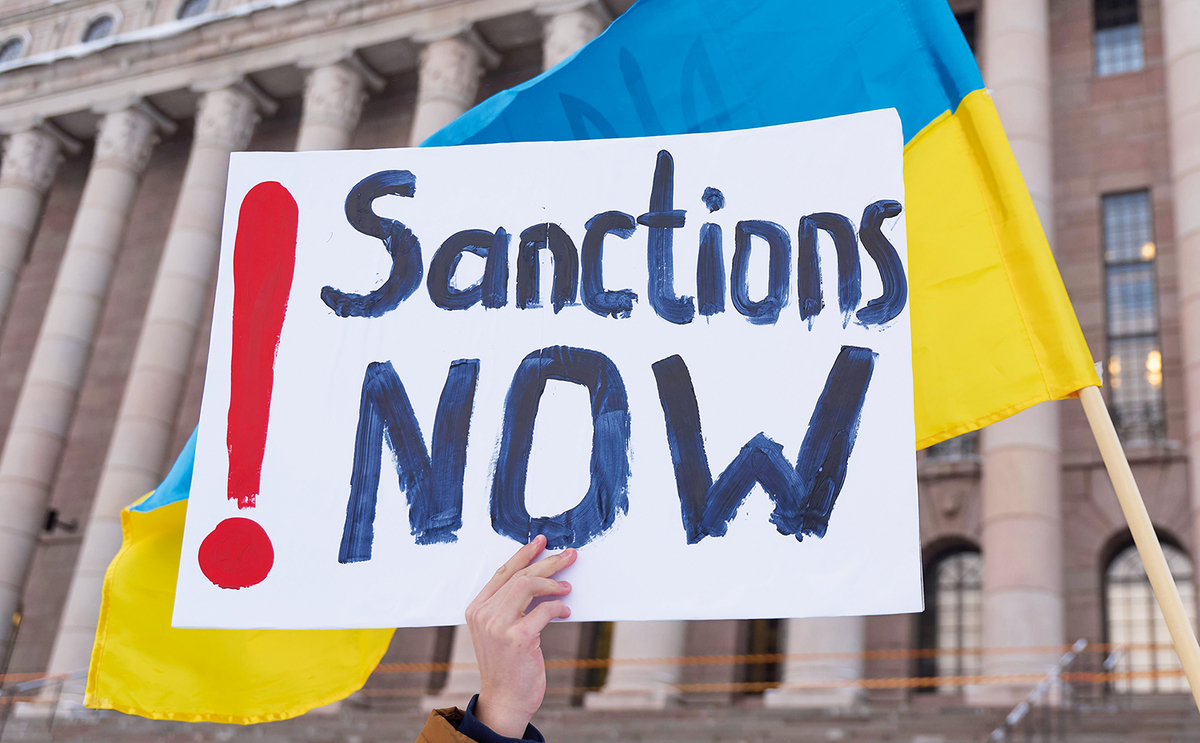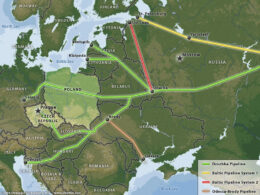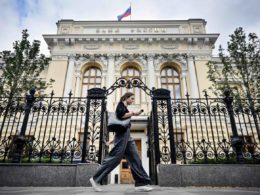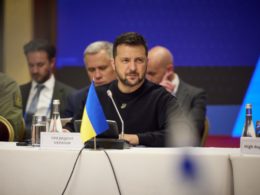On 22 February, the UK government announced over 50 new sanctions against Russia “to mark two years since Russia's illegal invasion of Ukraine.” The sanctions, announced by UK Foreign Secretary David Cameron, target individuals and businesses that support President Putin's war efforts, including munitions manufacturers, electronics companies, and diamond and oil traders.
The UK has sanctioned 2,000 individuals, companies, and groups under its Russia sanctions regime.
"Ukraine has shown that it can and will defend itself. Putin mistakenly thought that because Russia’s economy is bigger than Ukraine’s, he would gain a quick victory. But the economies of Ukraine’s friends are 25 times bigger than Russia’s. And two years on, we stand united in support for Ukraine," Cameron stated.
According to the statement, the sanctions aim to deplete Putin's arsenal by cutting off supplies of rocket launch systems, missiles, explosives, and other munitions. They also clamp down on key sources of Russian revenue, including metals, diamonds, and energy trade, in an effort to starve Putin of the resources needed to fund his war.
"Our international economic pressure means Russia cannot afford this illegal invasion. Our sanctions are starving Putin of the resources he desperately needs to fund his struggling war," Cameron added. "Together, we will not let up in the face of tyranny. We will continue to support Ukraine as it fights for democracy- for as long as it takes."
The new measures are part of the UK's broader strategy to restrict Putin's war revenue streams and address attempts to evade Western sanctions. This includes targeting Russian shipping activity and individual vessels used to circumvent oil-related sanctions.
The UK has also launched its first sanctions strategy, outlining how its regimes tackle malign activity and protect the nation in a "more dangerous and uncertain world." The strategy emphasizes working with allies and partners to address changing threats and maximize impact on the ground.
Among those sanctioned are companies linked to munitions manufacturing, key Russian importers and manufacturers of machine tools, oil trader Niels Troost and his company Paramount Energy & Commodities SA, and two Russian diamond companies, including Alrosa, the largest state-owned diamond producer.
The announcement coincides with Cameron's visit to New York for a special UN session dedicated to Ukraine, where he is expected to meet Ukrainian Foreign Minister Dmytro Kuleba.
The diamond-related designations support the coordinated diamond ban with G7 partners, set to take effect on 1 March.
Read also:
- EU agrees on new sanctions, targeting Russia’s drone production
- Bloomberg: EU to consider sanctions on three Chinese firms over Russia support
- US tightens sanctions on Russian diamond imports
- US imposes sanctions on key procurement network supporting Iran’s missile and UAV programs





